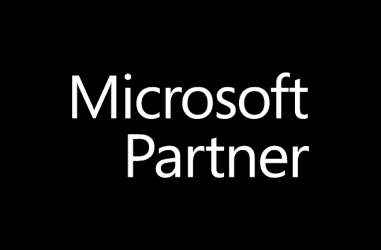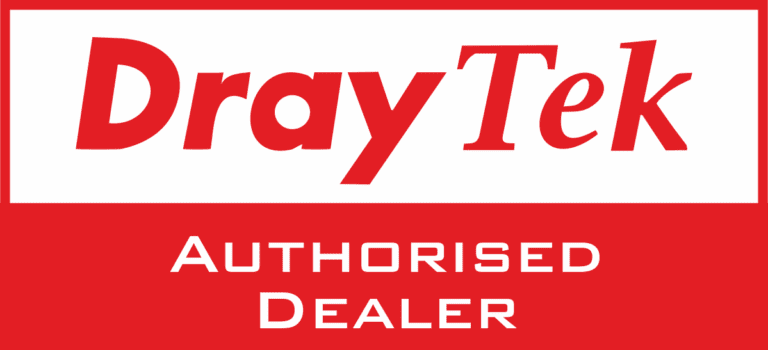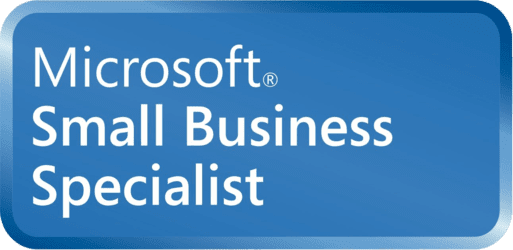Software is software, right?
No – software for the mass market is what most people are used to, things like the Facebook app on your phone, or Microsoft Word on your work computer.
These programs have had millions of pounds of budget plowed into them and are designed to do one thing very well for as many people as possible.
The millions of pounds spent is justifiable because, when you spread that among the number of potential users of the software, the cost per individual user becomes very low. What does custom software mean and why would I want it?
What does custom software mean and why would I want it?
- In the case of the Microsoft Office suite of applications, Microsoft can sell the standard package to business for a few hundred pounds per user – not a lot of money for the functionality you get.
- In the case of Facebook, with their billions of users, their market is so huge that they can afford to give the product away, despite spending a lot of money developing it – they make their money instead from the sponsored posts, and other advertising on the platform.
Custom software is not necessarily designed for the mass market. It’s software designed for a very specific purpose, typically hand crafted to create the functionality needed, by a software developer or development team.
People often compare the cost of custom software to mass market software, and perceive as a result that custom software is very expensive. Custom software actually costs less to make usually than mass market software – but because the target market is much, much smaller, the cost per user can be many times more.
Why would I want custom software?
There are several reasons why you’d want to build your own custom software – and there are also many situations where it’s actually not appropriate to. Many times, mass market ‘off the shelf’ software, with a small amount of configuring, can be good enough for your needs – very often the challenge though is finding something out there that is close enough to what you’re looking for. People often don’t have the time or the expertise to be able to do that, and just handing the problem over to a software developer can be an attractive solution in itself.
So, lets start with some of the reasons why you might want to build your own
- You can decide exactly what you want. A bit like building your own house, you get to choose exactly the layout, what goes where, what features you add in. And also a bit like building your own house, your budget will ultimately decide how ‘high end’ the result is, whether you can afford to go for absolute perfection at any price, or whether it’s really not worth getting that really expensive set of taps in the downstairs toilet, no matter now nice they looked in the shop!
- You own what you build. As an investment, this is really important. Software development is usually a capital expenditure, which means it becomes a fixed asset of value to your business. At the very least, you could expect that it adds value of an amount comparable to what you paid for it (you can prove that you spent the money for starters). Usually though, it adds a lot more value to your business than the amount you paid for it – one of the key drivers in business for creating custom software, is that it is designed to do something faster or smarter than you were doing it – and this equates into either higher revenues going forward, or lower overheads, or both. That business growth is of course quantifiable over time, and will lead to a higher valuation of your business – magnitudes higher in some cases.
When is custom software probably not appropriate for your business?
Sometimes, off the shelf software is ‘good enough’, at least in the short term. If you’re quite a small business or a startup, custom software can take quite a chunk out of your budget for growth. There’s a lot you can do with Microsoft Office for example – Word can be used for manual invoicing, Excel can be used to build a custom process to manage your business workflow or project work. Not scalable of course and you may find your business suffering growing pains quite quickly – a good rule of thumb is, if you perceive that your business processes are slowing down the work you do to the point where it’s consistently costing you money (perhaps in the form of having to turn work away, or it taking more people to do the work than you think should be necessary, or staff turnover is high due to an overly pressured environment), then it may be the time to consider a more custom solution to meet your needs.
Often, there are industry specific (sometimes called vertical market) solutions that may fit the bill. They are typically a lot more expensive than mass market software – expect to pay upwards of £5K for example as a minimum, and prices can easily go into the 10’s of thousands of pounds. These can still be quite attractive, particularly if you don’t have confidence in your existing processes and think that moving towards ‘industry best practice’ could be beneficial to you. Consider though that 10’s of thousands of pounds is a lot to spend on something that you won’t actually own, and it may not fully fit your needs either – you could be investing that same money on building something unique of your own, that gives you a better competitive edge, rather than just attempting to copy your competitors. I’ve written more about this in another article – Why we don’t sell industry specific solutions
How we can help
What does custom software mean for you? We’re really good at finding solutions to dilemmas like this for our customers. We’ve built our business around the premise of being pragmatic – ‘good’ sometimes is ‘good enough’ and we’ll help you find the quickest path towards what you are looking for.
Custom software can be expensive, and we won’t recommend it to you unless there is a true benefit to you and your business in doing so. That said, if there is a true benefit, we can help you deliver that software faster and more cost effectively than most. Our own business processes are custom also, we have a unique software development method that dramatically cuts the time needed to implement a base solution for our customers – this translates into a much lower cost to you than hand crafting from scratch.
Conclusion
Thanks for reading this article ‘What does custom software mean, and why would I want it?‘. I hope it has been of interest.
I’d welcome any feedback – comments, or criticism – please respond below, or you can message us directly here.
.







































